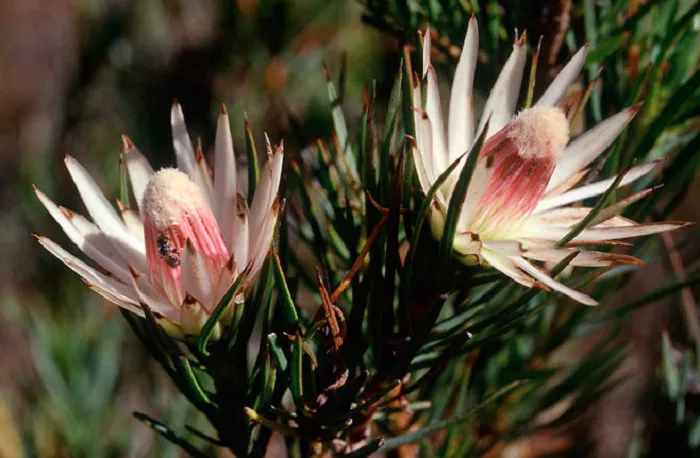A new study has revealed that Gazania, a flower native to South Africa, is posing a significant threat to Australia’s native grasslands and key agricultural sectors. The plant’s remarkable resilience and adaptability have made it a formidable invasive species.
Experts have found that Gazania, which was introduced to Australia as an ornamental plant between the 1950s and 1970s, has now become a pervasive weed. It can thrive in a wide range of environmental conditions, including varying light levels, temperatures, and soil types, even those with high salt content and fluctuating moisture. This versatility has made it extremely difficult to manage.
The study, published in an agronomy journal, shows that Gazania seeds can germinate regardless of the season, even under harsh environmental stresses. This year-round adaptability allows the weed to persistently invade farmland. It is particularly challenging for Australian farmers in arid regions, where it is infesting grain-growing areas, showing resistance to common herbicides, and outcompeting native crops on sandy and low-quality soils.
Today, Gazania grows widely across southern and western Australia, colonizing sites from coastal dunes and stream banks to roadsides and farmlands.


